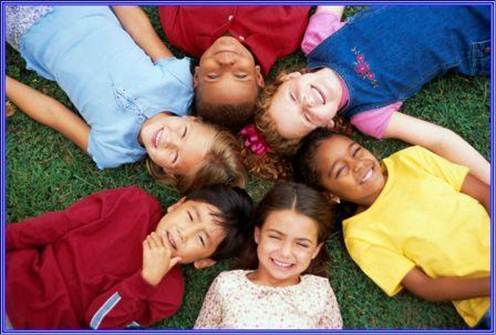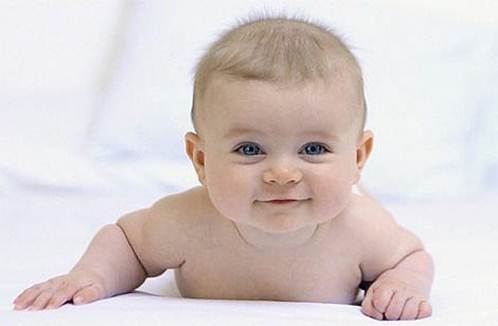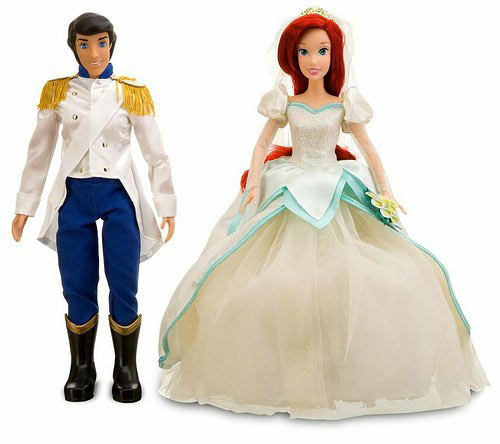She is CHILD-FREE, not childless. Sizakele Marutlulle challenges
you to spot the difference
‘Really? Your mother had you, so why not?’
‘I think you are selfish.’
‘What then is your purpose as a woman?’
These statements are often uttered by total strangers that
I’ve had the misfortune of meeting at dinner parties and other transient
spaces. Note, I say strangers, not friends or dear ones in my life. And that is
where the problem starts: the subject of a woman with no child brings out all
forms of judgment and there aren’t enough pedestals for the ‘dutiful ones’ to
stand on and preach.

When I was younger, I must admit, I felt the need to justify
why I was not breeding (that’s the term I use in anger as retort). But now that
I’ve seen a lot more summers and shared more bubbly, I’ve mellowed, so rather
than refute the attacks I change topics, spaces and/or company.
I live a life driven by my interests in gender justice and
identity formation. I find the politics of child-bearing, and its use by
society to bestow the notion of womanhood, problematic. My perspective is
driven largely by a preference to function outside the prescriptions for
females and to escape what post-structural philosopher and feminist Judith
Butler refer to as ‘the performative requirements of the female gender’.
Society has made it appear normal to ‘bring forth’ and
abnormal not to. Therefore, the woman who does not reproduce is viewed in a
negative light and spoken of in harsh terms. She either elicits pity or
derision but never escapes totally unscathed. There is an unspoken code and
false linkage between motherhood and female identity – the underlying message
is that women who are not mothers are inadequate or incomplete in some ways.
Judith Bulter speaks of a sense of ‘lack’ often attached to
the female gendeer. I venture that this ‘lack’ is quadrupled in intensity when
dealing with females who are not mothers. It is limiting to assume that women
are a homogenous group bound by maternal desire. In a box of crayons to show
how ludicrous some of our thought processes can be.
Here’s the deal: I am undeniably a biological female, who
was socialised as a woman. Little knowing that the decision would place my
sense of womanhood under the microscope, I decided at an early age that (for
reasons unconnected with career success, frigidity or selfishness) children
would not feature in my life and I would experience this life child-free. I
make the distinction between childless and child-free deliberately, because
there is a difference. My heart goes out to all those women who are childless,
for they long to have little people and cannot, for whatever reason. I also
celebrate those of us who are child-free – deliberately exercising the freedom
not to procreate.

I make the
distinction between childless and child-free deliberately, because there is a
difference
At times, the quick conclusions which people jump to hurt.
Yet I realize that society is made up of two schools. There are those who
conform without question and non-conformists whose lives are inner-directed and
revolve around living their true selves, no matter the risk. In those moments
when the gale winds of attack (mostly from other women) are intense (cue
children’s birthday parties, school gatherings I attend in support of little
people in my life, charitable courses that involve little people and so on), I
find solace in the words of e.e. Cummings: ‘In a world that does its best to
turn you into something you are not, the hardest battle to fight is to remain
true to yourself – and never stop fighting.’ So I’ve chosen to fight for the
right to live my life my way, rather than succumb to a life that was scripted
for me. And my child-freeness does not grow or narrow my world, it does not bring
more or less love into my life – it just makes it my life, to live on my own
terms.

Why else would
mothers say ‘my little prince, my precious Stacy?
Being child-free does not mean I hate children. I enjoy
little people (there are plenty in my circles), I just don’t feel the need to
own one or several in order to feel the love they bring and the sunshine they
radiate. I can see some readers shaking their heads at ‘ownership’ but why else
would mothers say ‘my little prince, my precious Stacy?’